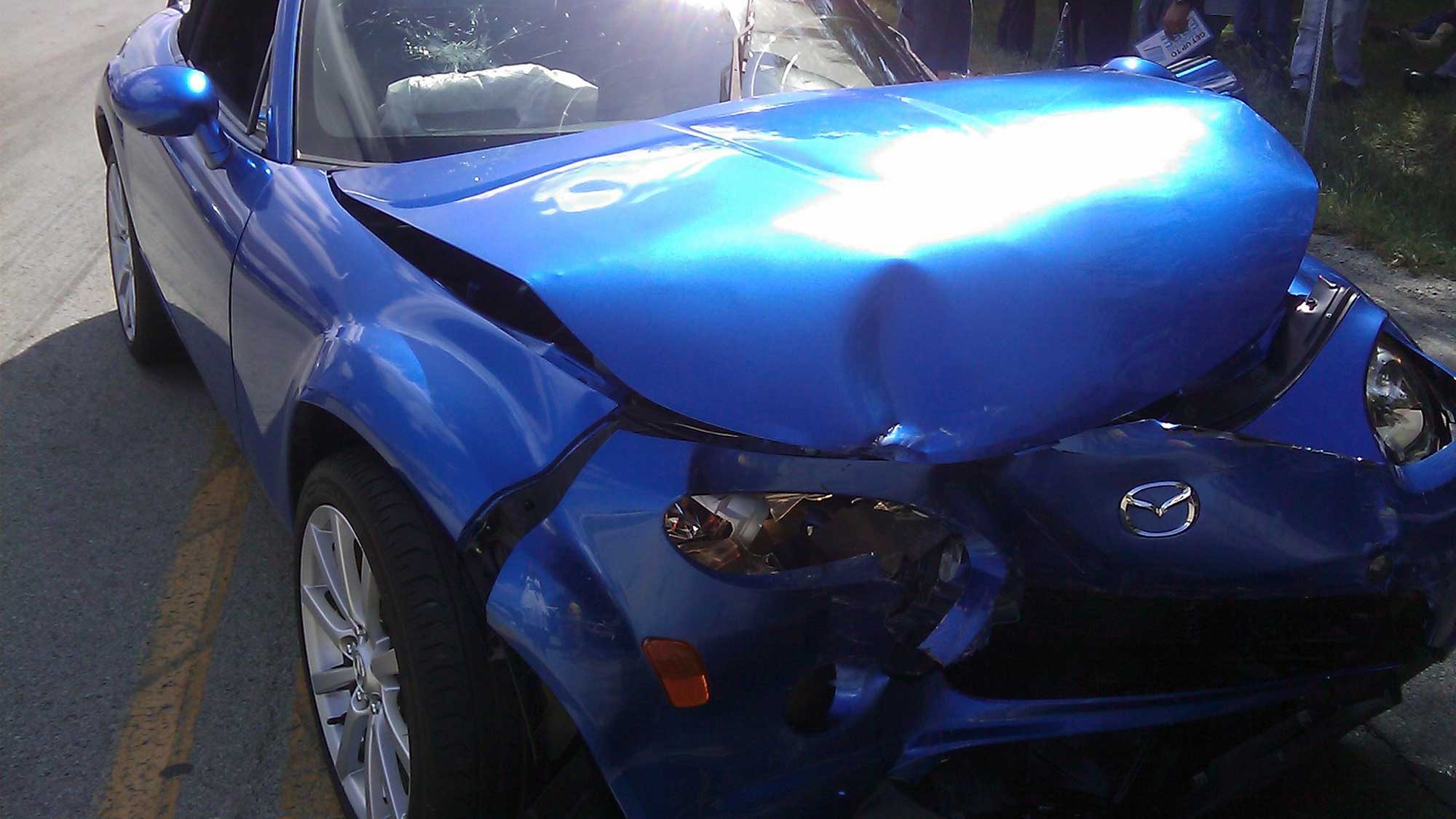Why Is My Car Accident Settlement Taking So Long?
If you’re feeling frustrated or confused about delays in your car accident settlement, you don’t have to face it on your own. In this article, you’ll learn more about common reasons your car accident injury claim may be taking longer than expected, and what you can do to protect your rights and keep things moving with the right legal support.
Deadlines and Delays: Understanding the Timeline for Car Accident Claims
In North Carolina, you typically have three years from the date of an accident to settle a personal injury claim or file a lawsuit. That’s known as the statute of limitations. (It’s worth noting that wrongful death claims must be filed within two years, and workers’ comp claims have tighter timelines, sometimes as little as 30 days to notify your employer.)
Still, just because you have time on paper doesn’t mean you should wait. The longer you wait to begin the process, the harder it may be to collect evidence, track down witnesses, or document the full extent of your injuries. Even if you file within the deadline, resolving the claim can take much longer—often several months or even years, depending on the case.
Some of the biggest factors that influence timing include:
- The severity of your injuries and how long treatment takes
- Disputes over who was at fault
- How willing the insurance company is to negotiate fairly
- Whether the case ends in settlement or goes to trial
At Miller Law Group, we begin preparing every case as if it might go to court. That’s how we put pressure on insurers to resolve claims fairly and without delay.
Factors Influencing How Long a Car Accident Settlement Takes
A number of factors can impact the timeline for settling a car accident injury claim. The complexity of your injuries, disputes over fault, and uncooperative insurance companies can all influence how long it takes to resolve a car accident settlement.
The Complexity of Your Injuries
How badly you’re hurt makes a big difference in how long your case might take. Even injuries that seem “minor,” like whiplash or soft tissue damage, can lead to real, lasting impacts—medical bills, time away from work, and daily pain that affects your quality of life.
Serious injuries, such as brain trauma, spinal cord damage, or broken bones, usually require long-term care and extensive documentation. These cases often need medical records, expert evaluations, and testimony to show how the injury has changed your life.
Injuries aren’t always visible, either. PTSD, anxiety, and depression after a crash are very real and just as disruptive. These emotional and psychological effects often take time to diagnose and prove, and they can add to the length of your case.
Contributory Negligence & Disputes Over Fault
North Carolina follows contributory negligence, one of the strictest fault rules in the country. If you’re found even 1% responsible for the accident, you could be barred from receiving compensation.
Insurance companies know this and use it. Adjusters may try to blame you in part, even if the facts don’t support it. They might claim you were driving too fast, failed to react quickly, or caused a “sudden emergency.” But these claims don’t always hold up in court.
There are important exceptions, like the “last clear chance” rule. For example, if the other driver had a final opportunity to avoid the crash and didn’t take it, you might still be able to recover damages. And when reckless driving is involved, including texting behind the wheel or speeding, claims of a sudden emergency often don’t stick.
Profit-Driven Insurance Adjuster Tactics
Insurance companies are businesses, and their goal is to pay as little as possible on your accident claim. After a crash, adjusters often try to settle quickly and cheaply, before you know the full extent of your injuries or your legal options.
Common tactics include:
- Requesting a recorded statement early. This might seem harmless, but it can be used to downplay your injuries or shift blame. Unless it’s your own insurer and your policy requires it, you don’t have to agree.
- Implying a recorded statement is mandatory. It’s not, in most cases. You can share basic facts without being recorded.
- Minimizing injuries. If you forget to mention a symptom early, such as nerve pain or limited mobility, the adjuster may later argue your injury wasn’t serious.
- Delaying communication. Adjusters might stall or confuse the issue of who’s paying for medical care or car repairs.
- Creating pressure to settle early. Phrases like “we need to close your file” or “this offer expires soon” are designed to create a false sense of urgency and pressure you into settling too soon.
At Miller Law Group, we see these tactics every day, and we don’t let them slide. From the start, we make sure your case moves forward, your rights are protected, and the insurance company knows you’re serious about getting what you’re owed.
An experienced car accident lawyer in Raleigh, NC, can help you understand your rights, avoid costly mistakes, and fight for the compensation you deserve—without needlessly delaying the time it takes to reach a settlement. At Miller Law Group, we’re here to guide you through every step of the process. Contact us today for a free consultation and let us help you move forward with strength and confidence.


